Possession of an Illegal Weapon
Possession of an Illegal Weapon Tennessee law declares that certain weapons are illegal for the vast majority of its citizens. For example, most citizens may not own a machine gun or a pair of brass knuckles. These are considered “illegal weapons.” Possession of such a weapon can lead to an arrest and even felony criminal … Read more
